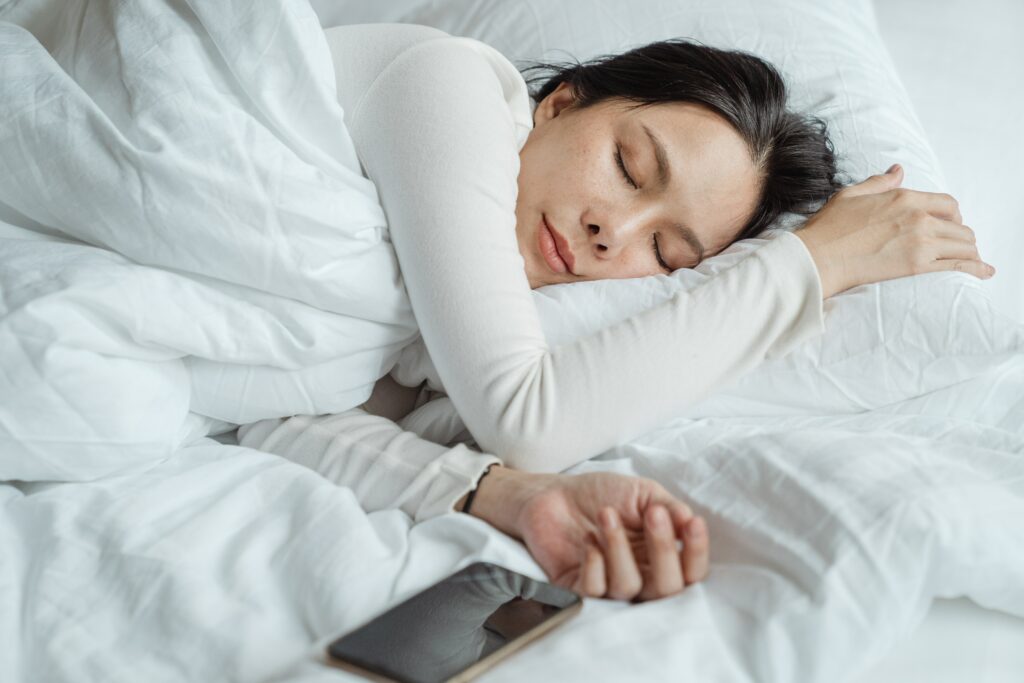Few things feel better than a good night’s sleep. This is especially true if sleep seems to elude you night after night.

If you’ve heard about memory foam, you might be wondering if it can help you sleep better. It’s something that some people swear by. Others are less enthused.
What is memory foam, exactly? And what are its advantages and disadvantages? Here’s some information to help you determine if memory foam is worth a shot.
What Exactly Is Memory Foam?
Memory foam, invented in the mid-1960s for NASA flight seats, is constructed of a material known as viscoelastic. It is both soft and very absorbent of energy.
Memory foam conforms to the body in reaction to heat and pressure, distributing body weight evenly. When the pressure is released, it returns to its former shape.
Memory foam is extremely pleasant, in addition to being impact-resistant. Memory foam moved into various applications after its “virtual flight” for NASA. It was utilized as padding in helmets and shoes, for example. Medicine used prostheses and goods to avoid pressure ulcers, such as seating pads for seriously crippled patients.
Then memory foam took off like wildfire. It’s now well known for its use in pillows, mattress pads, and mattresses of various densities and depths.
What Are the Advantages of Memory Foam?
Could the unique qualities of memory foam improve your sleep? Unfortunately, according to sleep specialist Donna L. Arand, Ph.D., objective studies supporting the stated benefits of memory foam – or the effects of any sleeping surface – are absent.
She claims that this is true for a variety of reasons. If undertaken separately, this type of sleep study can be costly. If supported by industry, it is “chased” by a shadow of prejudice.
Furthermore, while some sleep technology, such as memory foam, is very new, it hasn’t been thoroughly researched. The subjective aspect of sleep is likely one of the more challenging stumbling stones to assessing the health advantages of mattresses such as memory foam. It isn’t easy to quantify.
According to Arand, clinical director of the Kettering Sleep Disorders Center in Dayton, Ohio, the brain’s electrical activity, measured by an electroencephalogram (EEG) and other data recorded during a sleep test don’t always match up exactly with a person’s subjective experience. “They may remark, ‘I had a good night’s sleep,’ but the EEG values may not reflect that.”
Sleep is subjective, but so are sleep surface preferences, according to Arand. “There’s quite a bit of difference amongst individuals in terms of what type of surface they prefer when sleeping, whether it’s firm, hard, or soft,” she explains. “As far as we’re aware, there’s no rhyme or reason for that.”
Many of Arand’s patients who use memory foam have given him unsolicited glowing testimonials about it, such as this one: “I’m sleeping quite well.” “Best night’s sleep I’ve ever had.” “I look forward to retiring to bed at night.” But, according to Arand, these anecdotal reactions may be biased. She and her colleagues do not interview all of their patients about their sleeping surfaces. “We may be just hearing the good stuff,” Arand says.

